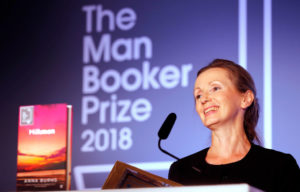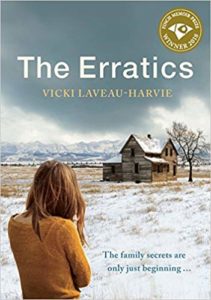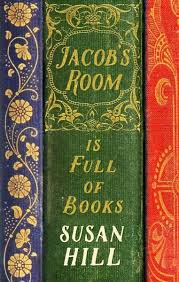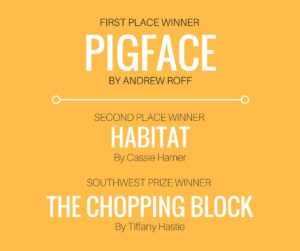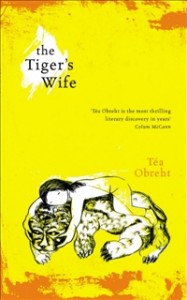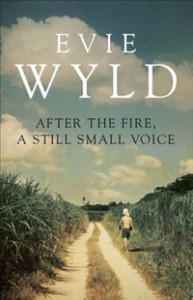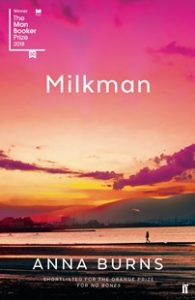 Last year was a bumper year for me regarding reading. All my life I have been a slow reader, something that didn’t help me when I studied English Literature (yes, there was such a category back then). In 2019 I read 68 books, a record number for me. I put this down to two things: I no longer work part time and only now do occasionally editing, as well as appraisals and my own writing, leaving me more time for reading. Also, I have become a devotee of audiobooks, going through most of the ones I wanted from the local library and then having to bite the bullet and subscribe to Audible, which opened up a cornucopia of titles. I had the sort of thrill over this I used to get going into a gorgeous big, well-stocked bookstore such as the old Collins at Broadway, Borders in Pitt St (also gone long ago) and Dymocks in George St. (I still get it at the overwhelming but wonderful Kinokunya near Town Hall).
Last year was a bumper year for me regarding reading. All my life I have been a slow reader, something that didn’t help me when I studied English Literature (yes, there was such a category back then). In 2019 I read 68 books, a record number for me. I put this down to two things: I no longer work part time and only now do occasionally editing, as well as appraisals and my own writing, leaving me more time for reading. Also, I have become a devotee of audiobooks, going through most of the ones I wanted from the local library and then having to bite the bullet and subscribe to Audible, which opened up a cornucopia of titles. I had the sort of thrill over this I used to get going into a gorgeous big, well-stocked bookstore such as the old Collins at Broadway, Borders in Pitt St (also gone long ago) and Dymocks in George St. (I still get it at the overwhelming but wonderful Kinokunya near Town Hall).
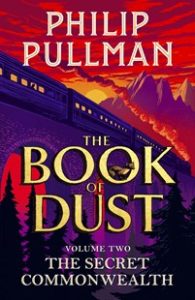 When my credit comes up in Audible, I’m almost frozen with the choice available. I will say, though, that there is an added level of decision-making with audiobooks because even my most anticipated or desired title can be ruined by the narrator. Conversely, a wonderful narrator can take a book to another level of enjoyment and appreciation – I think this was the case with the incredibly good narrators for Anna Burns’ Milkman (Brid Brennan), the Elena Ferrante books (Hillary Hubert) and The Goldfinch (David Pittu). As a rule of thumb, I would caution authors against reading their own works (yes, I’m talking about you Philip Pullman). There are, of course, exceptions: who can go past Christopher Hitchens reading Hitch 22 or Helen Garner reading Everywhere I look?
When my credit comes up in Audible, I’m almost frozen with the choice available. I will say, though, that there is an added level of decision-making with audiobooks because even my most anticipated or desired title can be ruined by the narrator. Conversely, a wonderful narrator can take a book to another level of enjoyment and appreciation – I think this was the case with the incredibly good narrators for Anna Burns’ Milkman (Brid Brennan), the Elena Ferrante books (Hillary Hubert) and The Goldfinch (David Pittu). As a rule of thumb, I would caution authors against reading their own works (yes, I’m talking about you Philip Pullman). There are, of course, exceptions: who can go past Christopher Hitchens reading Hitch 22 or Helen Garner reading Everywhere I look?
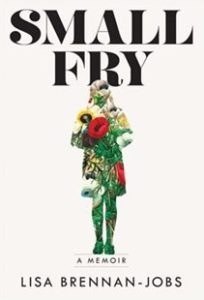 It is interesting that listening to audiobooks, rather than substituting for reading, have added to it. I can listen to an audiobook doing housework, or gardening or going on walks. When I’m tired, or my eyes are sore, I can lie back and be taken away into a wonderful parallel world. One other cautionary note, I can’t listen to difficult (i.e. violent, or frightening, overly complicated) audiobooks before going to bed or I won’t get to sleep. The same can be said for a page-turning thriller – I have to keep listening until I get to a pause in the action. This is the same with the physical act of reading a paper book or ebook, but because I’m sitting up, having to hold an object and turn pages, somehow it’s easier to put the book aside and turn the light off.
It is interesting that listening to audiobooks, rather than substituting for reading, have added to it. I can listen to an audiobook doing housework, or gardening or going on walks. When I’m tired, or my eyes are sore, I can lie back and be taken away into a wonderful parallel world. One other cautionary note, I can’t listen to difficult (i.e. violent, or frightening, overly complicated) audiobooks before going to bed or I won’t get to sleep. The same can be said for a page-turning thriller – I have to keep listening until I get to a pause in the action. This is the same with the physical act of reading a paper book or ebook, but because I’m sitting up, having to hold an object and turn pages, somehow it’s easier to put the book aside and turn the light off.
Favourite Book Literary: Milkman by Anna Burns. Honourable mentions, Overstory Richards Powers, The Goldfinch Donna Tartt, Machines Like Me Ian McEwen and Ghost Wall Sarah Moss.
Favourite book fantasy/SF: The Secret Commonwealth Philip Pullman. Honourable mention, Ancillary Justice Ann Leckie.
Favourite NF: Not a great year for this, but I enjoyed Small Fry, Lisa Brennan-Jobs and Bright Swallow by Vivian Bi – both insightful and enthralling family biographies.
Favourite audiobook: There have been some wonderful ones. Philip Pullman’s The Secret Commonwealth, The Goldfinch and Ancillary Justice are stand-outs.
Most disappointing book: The Carer Deborah Moggach. I had high hopes for this novel and it let me down badly.
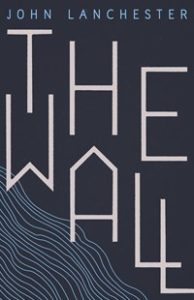 Book that didn’t live up to its hype: The Wall John Lanchester and My Sister, the Serial Killer Oyinkan Braithwaite. How either of these two were long-listed for the Booker prize, I don’t know. The Wall is a fairly lightweight dystopian novel that might have been favoured because its subject matter of refugees being held at bay by a wall surrounding Britain was topical. It started out well, but the storyline became more and more unconvincing. There is nothing wrong with My Sister, the Serial Killer but, again, it is very lightweight. Braithwaite had a fun idea of a woman covering for her sister who seems to have a penchant for disposing of boyfriends, but she didn’t really take this premise anywhere particularly interesting. There are amusing, short chapters and it’s a quick read; and that’s the most I can say for it.
Book that didn’t live up to its hype: The Wall John Lanchester and My Sister, the Serial Killer Oyinkan Braithwaite. How either of these two were long-listed for the Booker prize, I don’t know. The Wall is a fairly lightweight dystopian novel that might have been favoured because its subject matter of refugees being held at bay by a wall surrounding Britain was topical. It started out well, but the storyline became more and more unconvincing. There is nothing wrong with My Sister, the Serial Killer but, again, it is very lightweight. Braithwaite had a fun idea of a woman covering for her sister who seems to have a penchant for disposing of boyfriends, but she didn’t really take this premise anywhere particularly interesting. There are amusing, short chapters and it’s a quick read; and that’s the most I can say for it.
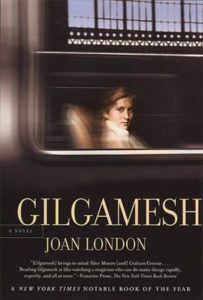 Best comfort read: Their Fractured Light Amie Kaufman, the last in the Starbound Trilogy – the couples at the centre of the previous novels join together to take on the very nasty LaRoux Industries who think nothing of a bit of genocide when any of their terraformed planets go wrong. It sounds tough going but it’s really a lot of hijinks, action and URST.
Best comfort read: Their Fractured Light Amie Kaufman, the last in the Starbound Trilogy – the couples at the centre of the previous novels join together to take on the very nasty LaRoux Industries who think nothing of a bit of genocide when any of their terraformed planets go wrong. It sounds tough going but it’s really a lot of hijinks, action and URST.
Best Australian: Joan London’s beautiful and sad Gilgamesh
Book I wish I hadn’t wasted my time reading: In the Garden of Beasts Erik Larson. Long and tedious. Larson pulls off the extraordinary – making Berlin in the 30s boring.


